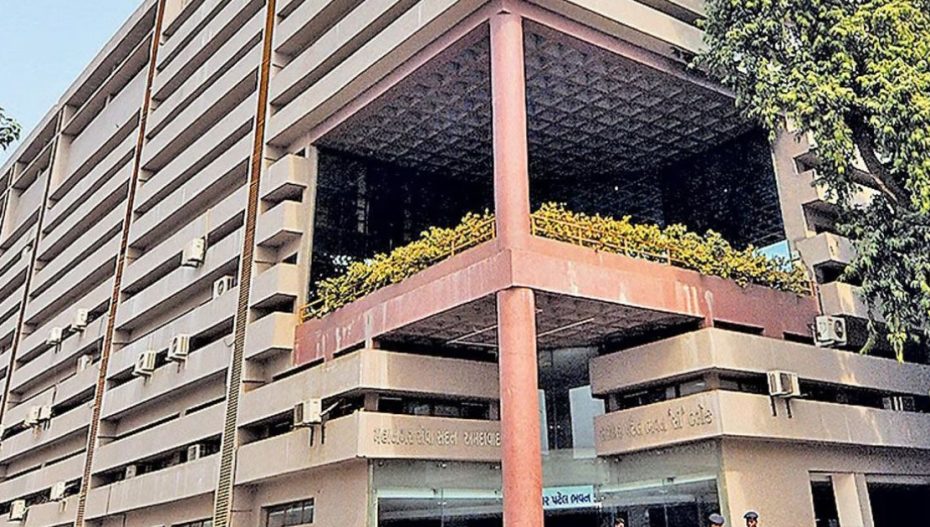The Ahmedabad Municipal Corporation (AMC) has sent its street vending policy back to the Town Planning (TP) Committee for further revision. Dewang Dani, Chairman of the AMC Standing Committee, confirmed that the street vending policy proposal has been put on hold and referred back for additional study.
The revised policy, once approved, will allow registered vendors to conduct business only within designated vending zones, using approved carts or lorries. Vendors will not be permitted to operate outside these zones, a move intended to better regulate street business locations across the city. Roadside vendors using gas stoves to cook, such as tea, idli-sambhar and omellete stalls are currently excluded from the policy. This will likely see restrictions if the proposed policy is implemented.
Registered hawkers will be required to obtain a licence to operate within vending zones and pay a monthly fee ranging from Rs. 250 to Rs. 600, based on demand. Fee amounts will be calculated by considering business volume, road significance, and peak customer hours. There are currently 62,054 vendors, including food trucks and pan shops, registered with AMC, who will be able to conduct business on the 415 designated vending zone roads throughout the city.
Vendors receive a five-year vending certificate and ID card for Rs 2,500, requiring renewal every five years. The AMC would enforce these regulations with a Rs 2,000 penalty for unauthorized vending and rule violations.
Originally drafted in 2005, the AMC’s street vending policy has faced years of delays due to various amendments and unimplemented revisions. With the policy now returning to the TP Committee, there is hope that a finalised version will be enacted to standardise and control street vending operations.
To support the implementation, a seven-member core committee has been established under the leadership of the Deputy Municipal Commissioner, including representatives from estate, engineering, and waste management departments. This committee will survey and demarcate vending zones with yellow stripes indicating 2-3 metre spaces where vendors will be allowed to operate. Notice boards displaying hours and permitted areas will also be installed.
No-Vending Zones
The new policy also designates “no-vending zones” at key locations, restricting vendor access within:
- 200 metres of government buildings, including the High Court, District Collector’s Office, municipal offices, hospitals and fire stations.
- 50 metres of entrances and exits at railway stations, bus terminals, educational institutions and city railway crossings.
- Areas protected under the Ancient Monuments and Archaeological Sites and Remains Act, 2010 and the State Archaeological Monuments Protection Act.
Crossings, where two or more roads meet, will also be designated as no-vending zones, helping ensure clear access and reduce congestion at high-traffic intersections.
Also Read: Two Sikkim Women Die in Fire at Spa In Surat












